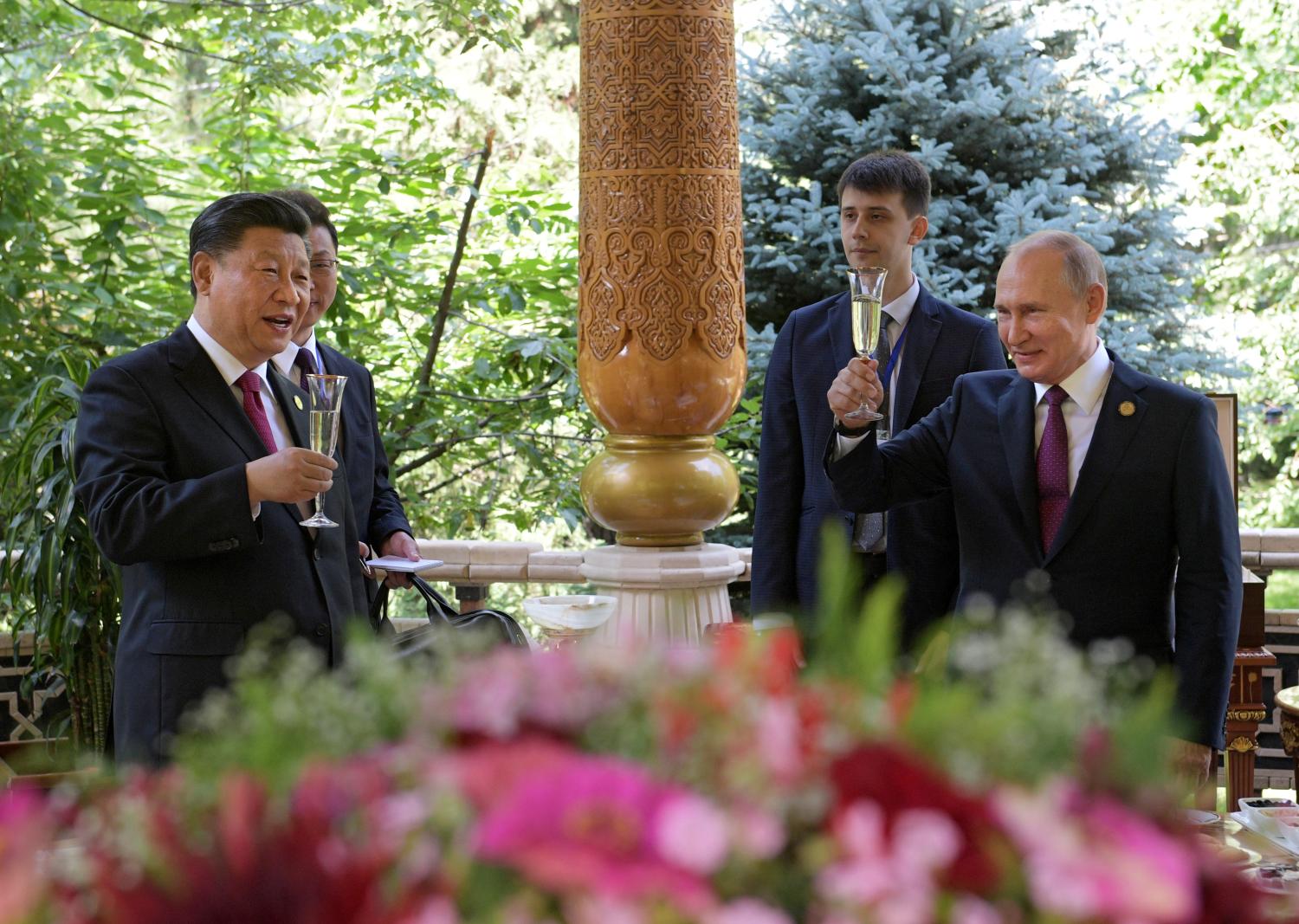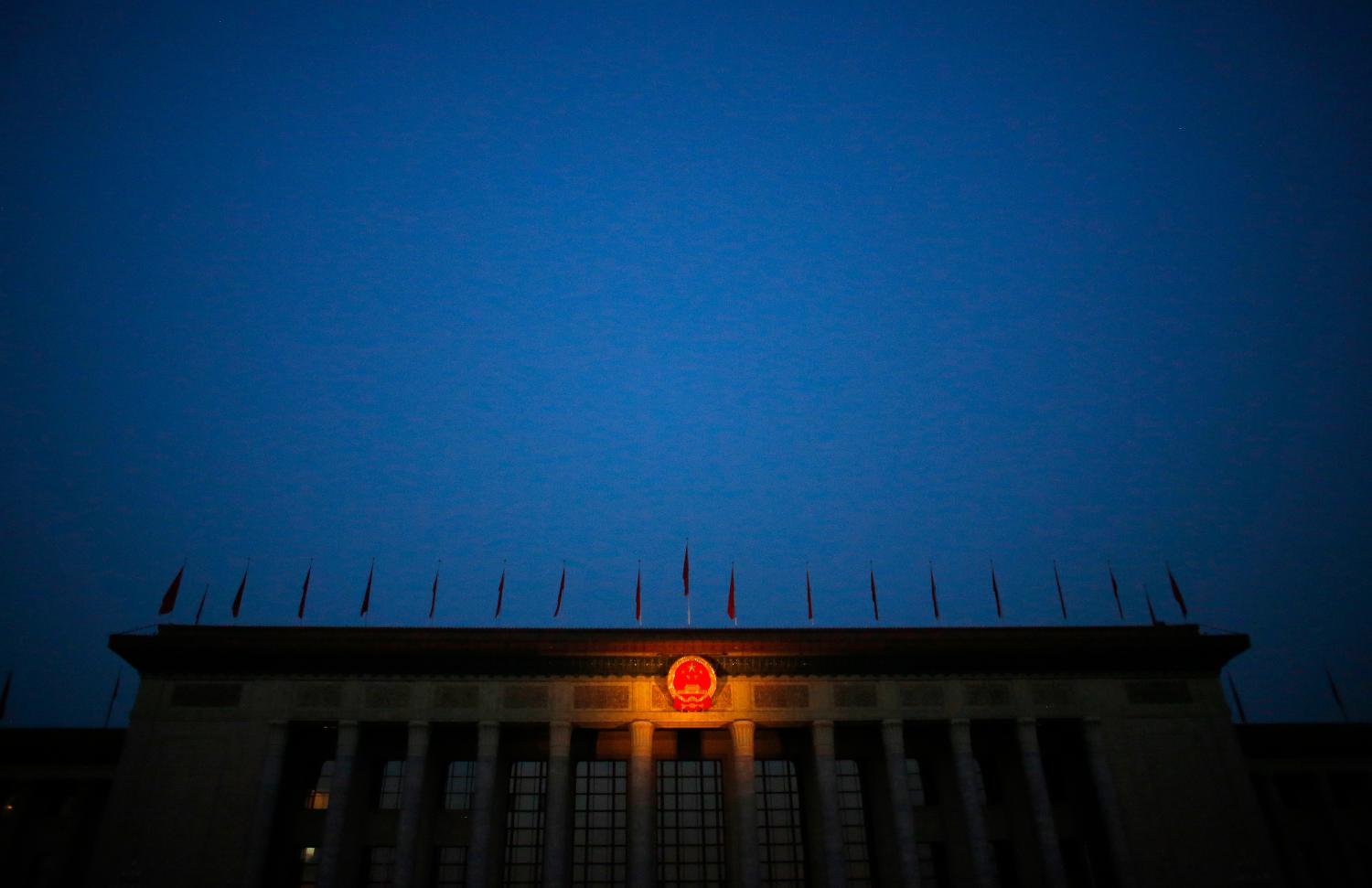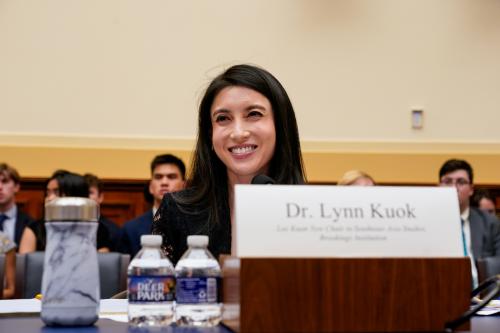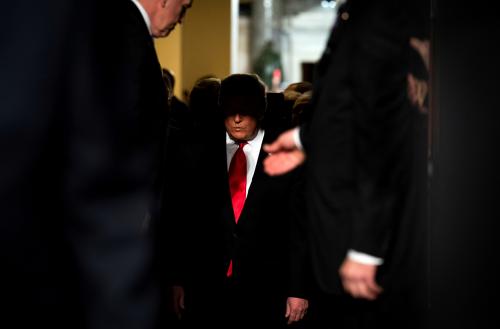Executive Summary
 China and Russia are two key revisionist challengers for U.S. positions in the world, but maturing authoritarian tendencies in their regimes do not make them natural allies. Many parochial features determine profound differences in China’s and Russia’s strategic agendas, and the heavy impact of the COVID-19 pandemic has aggravated hidden tensions and accentuated mutual mistrust. U.S. policymakers should not therefore assume the need to counter their emerging military alliance, but could rather aim at exploiting their disagreements.
China and Russia are two key revisionist challengers for U.S. positions in the world, but maturing authoritarian tendencies in their regimes do not make them natural allies. Many parochial features determine profound differences in China’s and Russia’s strategic agendas, and the heavy impact of the COVID-19 pandemic has aggravated hidden tensions and accentuated mutual mistrust. U.S. policymakers should not therefore assume the need to counter their emerging military alliance, but could rather aim at exploiting their disagreements.
China is a rising power and focuses on a return to the growth trajectory after the sharp spasm caused by the pandemic, while Russia may sink into another deep crisis, so its leadership is compelled to engage in revisionism from the position of weakness. The deep cultural differences between the most influential elite groups in China and Russia impede cooperative initiatives, and structural corruption inherent to both regimes does not provide for better connectivity. China is emerging as a cyber superpower and shows reasonable restraint in deploying this strength, while Russia experiments with using its limited cyber capabilities recklessly. The particular “friendship” between Xi Jinping and Vladimir Putin cannot provide a reliable foundation for further upgrades in the partnership. China is much more interested in sorting out its trade and economic issues with the United States than in backing Russia, which is stuck in an essentially unwinnable confrontation with the West. Russia is not able to provide any support to China in the trade wars and expects a steady aggravation of U.S.- China relations, seeing in this global conflict its only chance for escaping from the tight corner of unequal face-off with NATO. Both regimes performed poorly in dealing with the COVID-19 threat, but Russia, facing a deepening domestic crisis, may decide to challenge the West yet further in order to stimulate a mobilization of “patriotic” support for Putin’s leadership. China, instead of helping its overstretched and troubled neighbor, may opt to take advantage of this calamity.
The Brookings Institution is committed to quality, independence, and impact.
We are supported by a diverse array of funders. In line with our values and policies, each Brookings publication represents the sole views of its author(s).





